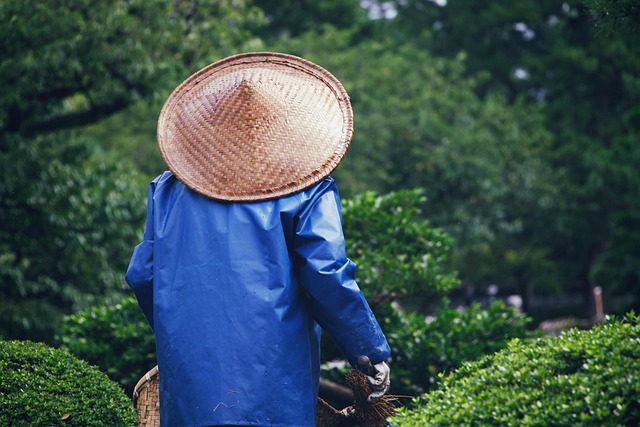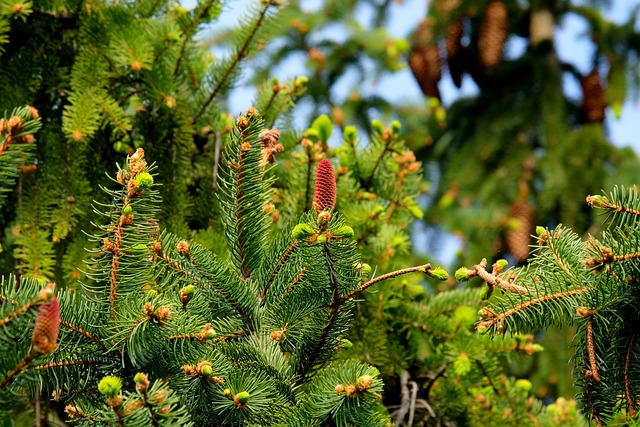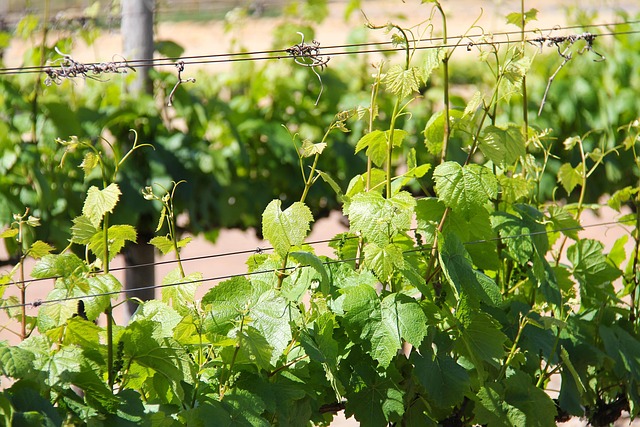In a rapidly urbanizing world, the connection between city dwellers and nature has often been compromised. However, urban gardeners are breaking this disconnect, transforming concrete jungles into vibrant green spaces. Aiming for sustainability, these gardeners not only beautify their surroundings but also contribute positively to the environment. Whether you’re an experienced gardener or just starting out, here are some eco-friendly tips that can help you cultivate a flourishing urban garden.
Start with Native Plants
One of the best ways to support local ecosystems is by choosing native plants for your garden. These plants are naturally adapted to the local climate and soil, requiring less water and fertilizer than non-natives. An added benefit of these green beauties is that they attract local pollinators, like bees and butterflies, enhancing biodiversity in your area. As urban gardeners, we have the potential to create habitats and foster a thriving natural environment even amid bustling city life.
Utilize Vertical Gardening
Space can be scarce in urban environments, making vertical gardening an excellent solution. By using trellises, hanging containers, or wall-mounted planters, urban gardeners can maximize their growing area without requiring extensive ground space. Not only does this technique add visual interest to your garden, but it also ensures that plants receive ample sunlight and improves air circulation—key factors for healthy, thriving greenery.
Compost to Enrich the Soil
Urban gardeners can consciously contribute to reducing waste by starting a compost system. Composting kitchen scraps, yard waste, and other organic materials can create nutrient-rich soil for your plants. This eco-friendly practice not only diverts waste from landfills but also improves soil health, leading to flourishing plants. Incorporate some worms into your compost and you’ll be diving into the wonderful world of vermiculture, transforming your scrap into liquid gold for your garden.
Embrace Rainwater Harvesting
Rainwater harvesting is an excellent technique for urban gardeners seeking to conserve water. By collecting rainwater through gutters and downspouts, you can nourish your garden without relying solely on municipal water supplies. Rain barrels are an easy and effective way to store this precious resource. Notably, using rainwater for irrigation is not only eco-friendly but also reduces your water bill—a win-win for both your garden and your wallet!
Practice Organic Gardening
In an age where pesticides and synthetic fertilizers dominate conventional gardening, urban gardeners can choose a different path. Employing organic gardening methods means using natural fertilizers, like compost or plant-based options, and managing pests with beneficial insects and natural repellents. This practice nurtures both your plants and surrounding wildlife while safeguarding the urban ecosystem from harmful chemicals.
Grow Food in Small Spaces
Food security is a growing concern in urban areas, and cultivating your own fruits and vegetables can be a rewarding solution. Whether you have a balcony, a small yard, or even just a sunny windowsill, you can grow a variety of edible plants. Start with herbs like basil, mint, or parsley, and progress to leafy greens or even tomatoes in containers. Urban gardeners have the unique ability to cultivate fresh produce while minimizing their carbon footprint—what could be greener than picking salad greens straight from your kitchen?
Join a Community Garden
Even if your living space doesn’t allow for traditional gardening, becoming part of a community garden can forge deeper connections with nature and your neighbors. Community gardens create communal spaces where city dwellers can engage in healthy, rewarding gardening practices together. Sharing knowledge, resources, and even produce can enhance your gardening experience and invigorate your connection to the environment.
Urban gardening is not just about growing plants; it’s about cultivating community, promoting sustainability, and reconnecting with nature. Each seed planted symbolizes hope for greener cities, cleaner air, and more vibrant ecosystems. Whether you’re a seasoned pro or new to gardening, implementing these eco-friendly tips will help you nurture both your garden and our planet.




